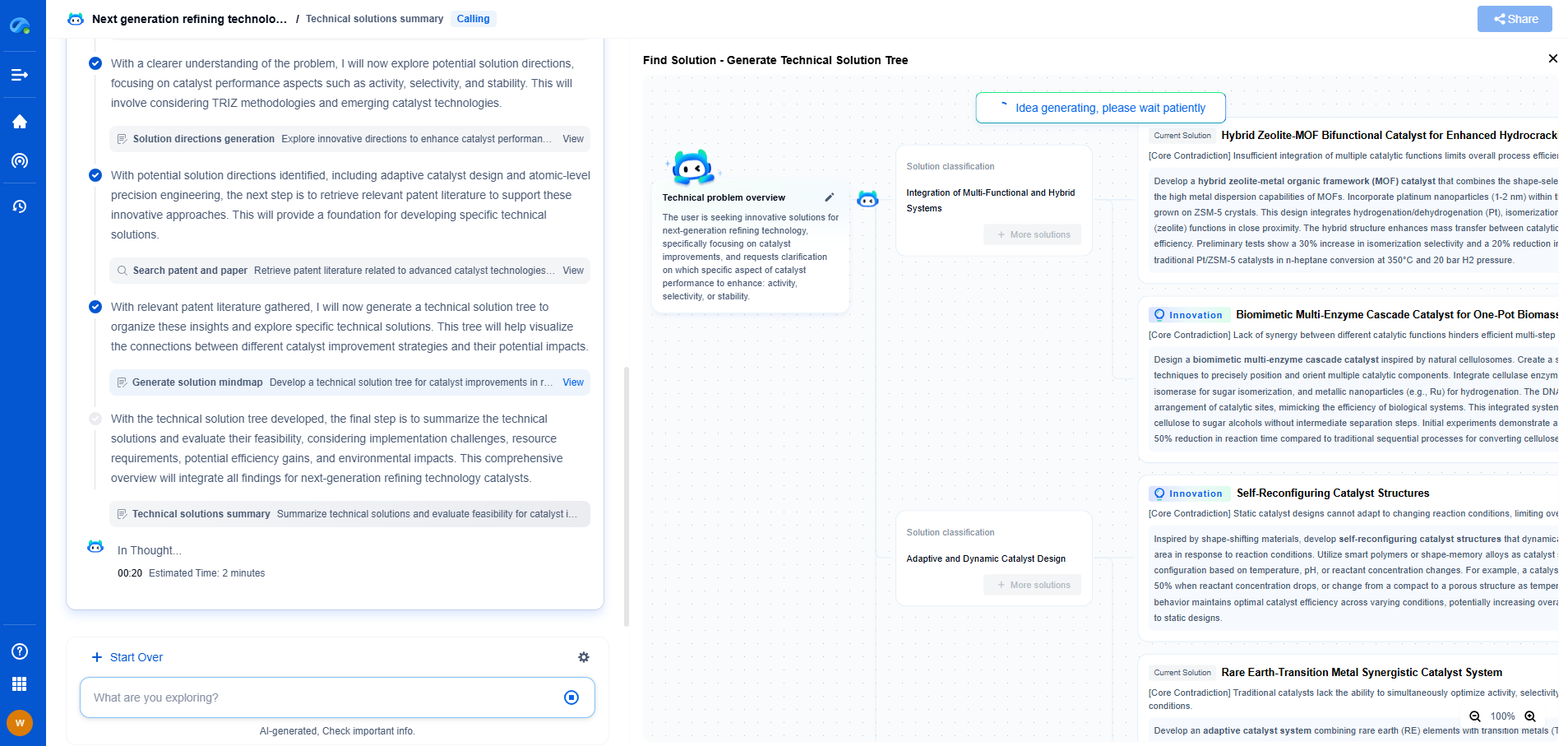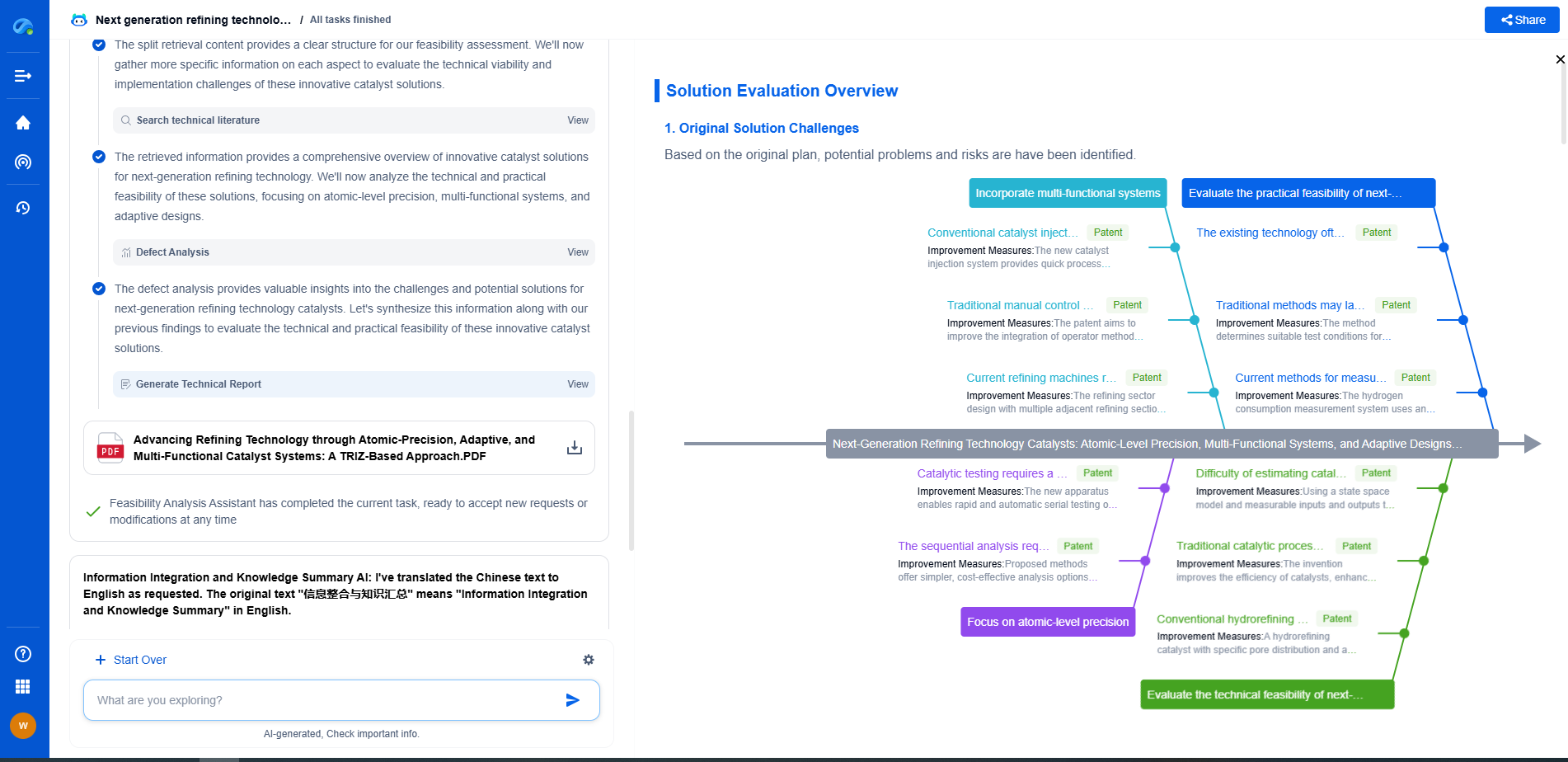What is the Difference Between Online and Offline UPS Systems?
JUN 26, 2025 |
Uninterruptible Power Supply (UPS) systems are essential components in both home and professional settings, providing backup power when the main electricity supply fails. They protect critical equipment from power interruptions, voltage fluctuations, and other electrical anomalies that could otherwise cause data loss, hardware damage, or downtime. UPS systems come in various types, but the two most common are online and offline UPS systems. Understanding the differences between these two types can help you choose the right solution for your specific needs.
What is an Offline UPS System?
An offline UPS, also known as a standby UPS, is the simpler of the two designs. In this setup, your electrical devices are directly connected to the main power supply during normal operation. The UPS monitors the power supply and switches to battery power only when it detects an anomaly, such as a power outage or significant voltage drop. This transition happens in milliseconds, which is usually fast enough to prevent disruptions to most electronic equipment.
Advantages of Offline UPS Systems
One of the primary advantages of offline UPS systems is cost-effectiveness. They are generally less expensive to purchase and maintain compared to their online counterparts. Additionally, because they are typically smaller and more compact, they are ideal for home use or small offices with limited space. Offline UPS systems are also energy-efficient, as they do not continuously run the inverter, which reduces overall power consumption and heat generation.
Limitations of Offline UPS Systems
Despite their advantages, offline UPS systems have certain limitations. The most notable is the brief switchover time to battery power, which can be problematic for sensitive equipment that requires a continuous power supply, such as servers or medical devices. Furthermore, offline UPS systems do not provide power conditioning, which means they might not protect against voltage fluctuations and electrical noise as effectively as online systems.
Exploring Online UPS Systems
Unlike offline UPS systems, online UPS systems provide continuous power from their inverter, even when the main power is stable. In this design, electrical devices are always connected to the inverter, which is constantly converting DC power from the UPS battery to AC power for your devices. The main power supply continuously charges the UPS battery, ensuring it is always ready to provide power.
Advantages of Online UPS Systems
Online UPS systems offer superior protection against all types of power disturbances, including outages, sags, surges, and electrical noise. Because they provide a consistent electrical output, they are ideal for environments where power quality is critical, such as data centers, hospitals, and industrial settings. Online UPS systems also have zero transfer time, meaning there is no delay when switching to battery power, ensuring uninterrupted power supply to sensitive equipment.
Limitations of Online UPS Systems
While online UPS systems offer robust protection, they come with certain drawbacks. They are generally more expensive to purchase and maintain due to their complex technology and continuous operation. Additionally, they tend to be larger and may require significant installation space, which might not be feasible for small offices or home use. Online UPS systems also consume more energy and generate more heat, which can lead to higher operational costs over time.
Choosing the Right UPS System for Your Needs
When deciding between online and offline UPS systems, it is essential to consider the specific needs of your environment. If you are operating a small office or using the UPS for personal electronics at home, an offline system might suffice, given its affordability and energy efficiency. However, if you are protecting critical equipment that requires a stable power supply, an online UPS system provides the necessary reliability and protection.
Conclusion
Understanding the differences between online and offline UPS systems is crucial for making an informed decision that aligns with your power protection needs. While offline UPS systems offer a cost-effective solution for basic power backup, online UPS systems provide unparalleled reliability and power quality for sensitive equipment. By carefully evaluating your requirements and considering the advantages and limitations of each type, you can ensure optimal protection for your electronic devices.
Stay Ahead in Power Systems Innovation
From intelligent microgrids and energy storage integration to dynamic load balancing and DC-DC converter optimization, the power supply systems domain is rapidly evolving to meet the demands of electrification, decarbonization, and energy resilience.
In such a high-stakes environment, how can your R&D and patent strategy keep up?
Patsnap Eureka, our intelligent AI assistant built for R&D professionals in high-tech sectors, empowers you with real-time expert-level analysis, technology roadmap exploration, and strategic mapping of core patents—all within a seamless, user-friendly interface.
👉 Experience how Patsnap Eureka can supercharge your workflow in power systems R&D and IP analysis. Request a live demo or start your trial today.
- R&D
- Intellectual Property
- Life Sciences
- Materials
- Tech Scout
- Unparalleled Data Quality
- Higher Quality Content
- 60% Fewer Hallucinations
Browse by: Latest US Patents, China's latest patents, Technical Efficacy Thesaurus, Application Domain, Technology Topic, Popular Technical Reports.
© 2025 PatSnap. All rights reserved.Legal|Privacy policy|Modern Slavery Act Transparency Statement|Sitemap|About US| Contact US: help@patsnap.com

